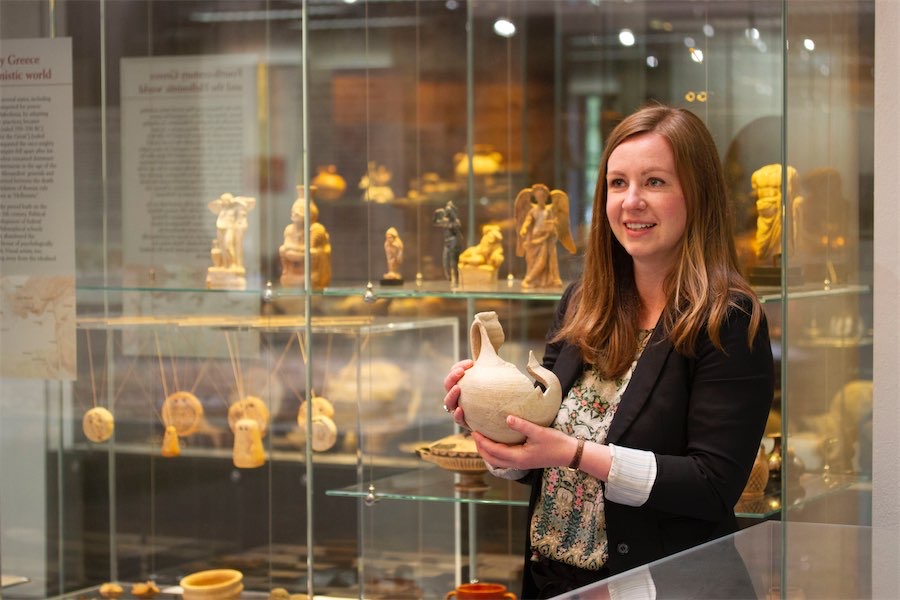
“CityNews” has received several emails in the past from music-lovers concerned that both the ACT government and the ANU no longer care about a program that saw School of Music staff go out into the community to perform for schools, nursing homes and community groups, with claims from the campus branch of the National Tertiary Education Union that staff are being told their jobs will now go.
But the ANU says that although ACT government funding for the Music Engagement Program had ceased in July 2017, the university had continued to fund the program until the end of the year and had also sought continued funding for the project.
The matter has also been aired in the daily press, with focus on artsACT’s explanation, after the announcement that the entire program costing $400,000 had been de-funded, that the program did not align with its mission.
This has naturally focused some attention on what exactly artsACT’s mission is. There certainly is a role for education, but funding – and there’s not all that much of it – is largely directed towards artists and arts organisations.
The issue has been complicated by changed directions at the School of Music, which is no longer seen a music conservatory training elite musicians, but as a centre of musicological study, composition and recording.
Considered a financial basket case by the university for some years, the school has seen a complete turnover of staff and change of focus since May 2013 when then vice-chancellor Ian Young announced a staff spill.
In 2016 the present vice-chancellor, Brian Schmidt, commissioned a community consultation about the school’s future from former public servant Andrew Podger, which made it clear that change was essential.
But while well-received by members of the student population who had felt disaffected or sidelined by the former elite focus, many senior representatives of musical organisations in the ACT still expect the school to function as a conservatory.
ACT Arts Minister Gordon Ramsay recently announced a new three-year funding agreement with the ANU School of Music and School of Art and Design worth $1.27 over the next three years for the ANU Community Outreach Program, which he said would provide “new dynamic music and visual arts programs for the whole community to enjoy.”
These would include an arts program for people of Aboriginal and Torres Strait Islander backgrounds and new programs at the School of Music like “Girls Rock”, a rock music program for young girls, “Girls Jazz”, a developing musicians’ program for year 7 to year 12 students and “My Son”, a mentorship program for Aboriginal Youth.
Minister Ramsay said there would still be funded music programs including the Developing Musicians Program and Music For Canberra, based at the Ainslie Arts Centre, and outreach programs to be delivered by the Belconnen and Tuggeranong Arts Centres and the Canberra Symphony Orchestra, with access to the ANU Llewellyn Hall for local music organisations.
Head of the School of Music Professor Kenneth Lampl said he was delighted with the new funding agreement, that he believed the ‘exciting’ new programs would continue to help the School of Music grow from strength to strength.
In response to a question from “CityNews”, a spokesman for the ANU said: “We’ll certainly be announcing more about them as they get underway.”
.
Who can be trusted?
In a world of spin and confusion, there’s never been a more important time to support independent journalism in Canberra.
If you trust our work online and want to enforce the power of independent voices, I invite you to make a small contribution.
Every dollar of support is invested back into our journalism to help keep citynews.com.au strong and free.
Thank you,
Ian Meikle, editor




Leave a Reply